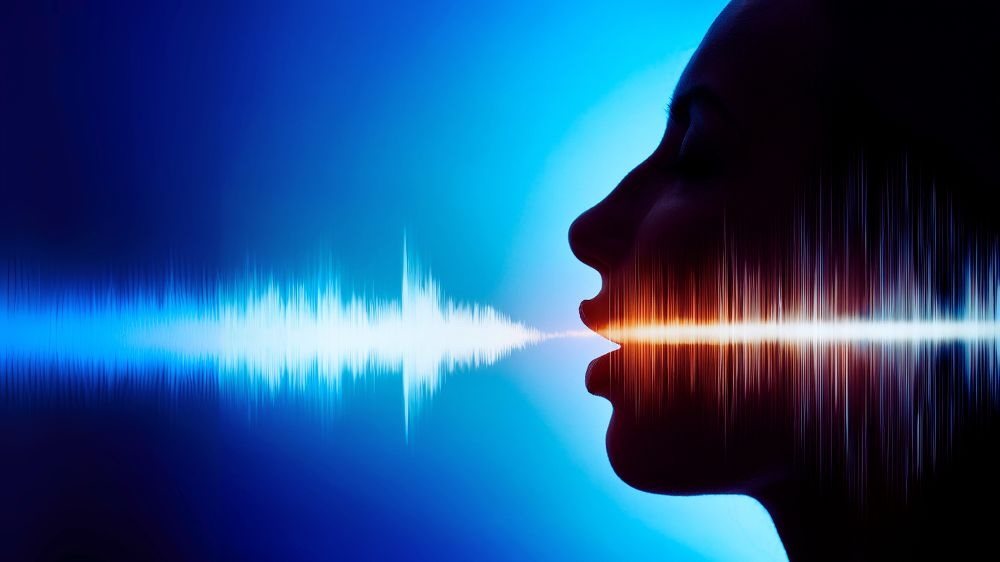
I was listening to a recorded conversation between myself and another person—just a routine playback, nothing dramatic. And yet, I was startled. The voice I heard was mine, but it didn’t sound like me. Not the me I know. The pitch, the tone, the cadence—it all felt foreign. I speak every day. I hear myself constantly. But this? This was someone else.
Of course, it was me. But it was the version of me that others hear. And that version doesn’t match the one I carry in my head. I sit behind my words as I speak; my audience stands in front of them. We occupy different spaces. We hear different sounds.
It dawned on me in that moment—no one else can speak in my voice. They can imitate it, perhaps. They can mimic the rhythm, the accent, the phrasing. But they can’t inhabit it. Because voice is more than sound. It’s history—my history, the residue of every conversation I’ve ever had.
There was a time when voice impressions were a kind of magic trick. Comedians could mimic the sound of presidents, pop stars, or public figures with uncanny precision. Audiences would laugh, marvel, and applaud. But often, the person being impersonated would say, “That doesn’t sound like me at all.” And they were right. Because voice is more than sound. It’s memory, fueled by emotion. It’s the internal echo of who we believe ourselves to be.
We talk about voice so often—especially in writing, in art, in identity—that the word has become worn. Trite, even. But this isn’t that conversation.
This is about the quiet astonishment of hearing yourself from the outside. About the realization that your voice is both deeply personal and strangely elusive. It’s yours, but it’s also out there, being received, interpreted, remembered, and sometimes misunderstood.
Perhaps it’s a gift—that our voices carry pieces of us into places we’ll never go. That they speak for us when we’re not present. That they are, in some mysterious way, both mirror and messenger.
This is the voice that is mine. Not always familiar. Not always comfortable. But unmistakably mine.
And in my writing, I’ve come to know it more deeply. It’s not just the cadence of my spoken words—it’s the rhythm of my thoughts, the emotional undercurrent of my stories, the quiet truths I dare to name. It’s the voice that carries memory, that honors grief, that reaches for justice and redemption. It’s the voice that remembers, nurtures, questions, reflects, and creates.
It’s the voice I’ve refined, scene by scene, post by post. And though it may sound different to others, it remains the truest part of me— the voice that is mine.
Author’s Note
This post began with a moment of surprise—hearing my own voice and not recognizing it. But as I sat with that feeling, it unfolded into something deeper: a meditation on identity, perception, and the quiet ways we carry ourselves into the world.
I’ve come to realize that voice isn’t just sound. It’s memory, emotion, and presence. It’s the way we speak when no one’s listening, and the way we’re remembered when we’re gone. In my writing, I’ve learned to trust that voice—to refine it, honor it, and let it speak truths I didn’t know I was ready to share.
If this reflection stirs something in you, I hope you’ll pause and listen to your own voice—not just the one others hear, but the one that’s yours alone.
